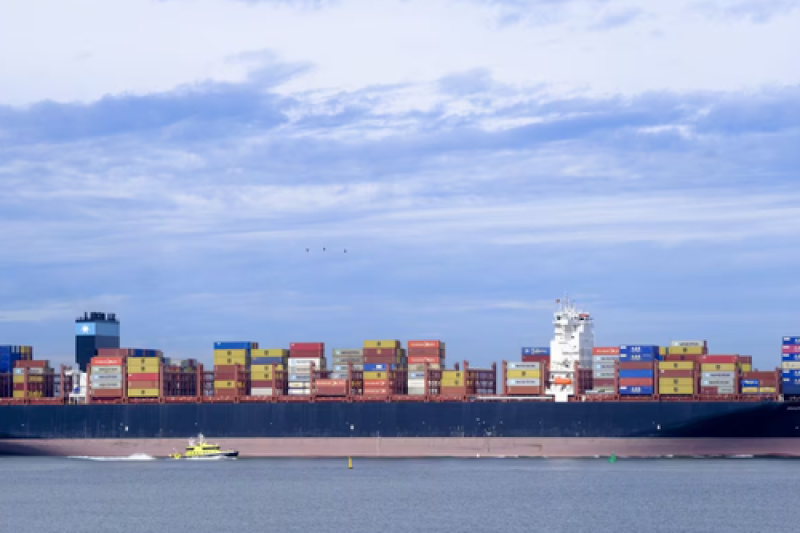PM Speaks over Suspected Hazardous Waste Shipment from Albania
The Albanian Prime Minister responded this Thursday in Parliament to the questions of the opposition for the shipments of suspected hazardous waste from Albania.
Rama said that it is not yet confirmed that the shipment has hazardous waste. According to him, there are suspicions not evidences.
"I am here today to answer a request for an interpellation in abusive use of the regulation and the mission of the members of parliament, after a series of lightning sheets and shots in the air of some accusations and malignant fantasies to continue poisoning Albanians through the countless sewers of the world digital. Such is the request for this interpellation.
The source of this other soap opera of late summer politics that appeared in parallel with the Pogradec event where a murdered person became mincemeat for the silent mouth of the politics of hate and the ruminating organism of its scum, was a signal for a transport of the remains of dangerous from Albania to Asia. The international non-governmental organization itself, to which the lamentable text of the interpellation request also refers, states that doubts about a quantity of goods extracted from the industrial process in Albania to be transported to Asia are dangerous in themselves. Suspicion, nothing suspected, no certificate of analysis, no proof, only suspicion," said Premier.
According to him, OLAF and prosecution are investigating to shed light on this situation.
In early August, a US-based environmental organisation called Basel Action Network, or BAN, issued an alert over a 175-tonne container ship that had disappeared from radars while sailing off the coast of South Africa, often a sign that a vessel’s transponders have been turned off.
BAN cited a whistleblower as saying that the ship was one of two owned by the Danish international shipping company Maersk Line carrying a total of 102 containers of electric arc furnace dust – a waste by-product rich in heavy metals – from the Albanian port of Durres to Thailand.
Electric arc furnace dust, typically a byproduct of steelmaking, is considered hazardous waste and as such its transport is subject to strict conditions, none of which were met in the case of the two ships and a third identified by BAN as leaving Albania and which was blocked at customs in Fangcheng, China, in March.
According to BAN, the two Maersk Line ships were stopped in Singapore in August and will be returned to Durres, where prosecutors have already begun asking questions.
According to information from the case file, obtained by BIRN, the prosecutors have identified the Albanian firm Sokolaj Sh.p.k, owned by Gjovana Sokolaj, as the exporter of the containers and believe the contents came from Kurum International, the Turkish operator of parts of the former communist-era Metallurgical Combine in Elbasan in central Albania.
Kurum operates electric arc furnaces producing steel for the construction industry, employing hundreds of people in Elbasan.
Information gathered by the prosecutors, and seen by BIRN, show that GS Minerals d.o.o., registered in the Croatian port city of Rijeka, bought the dust from Sokolaj Sh.p.k., despite the fact that both companies are owned by the Sokolaj family.
Jim Puckett, the executive director of BAN, said a shipment of such waste to a country such as Thailand – which has no proven capacities for recycling waste – raised serious questions.
“It’s a very large shipment and somebody is going through a lot of trouble to hide it,” Puckett told BIRN by telephone from Seattle in the US.
Kurum International did not respond to a request for comment for this story, but in a statement on August 21, the company dismissed media speculation that it, as the only operator of electric arc furnaces in the country, was behind the shipment.
“Kurum International has never exported dangerous waste and this time too, this shipment doesn’t belong to Kurum,” the company said, without actually specifying whether or not the suspected waste originated in Kurum’s furnaces regardless of who exported it.













